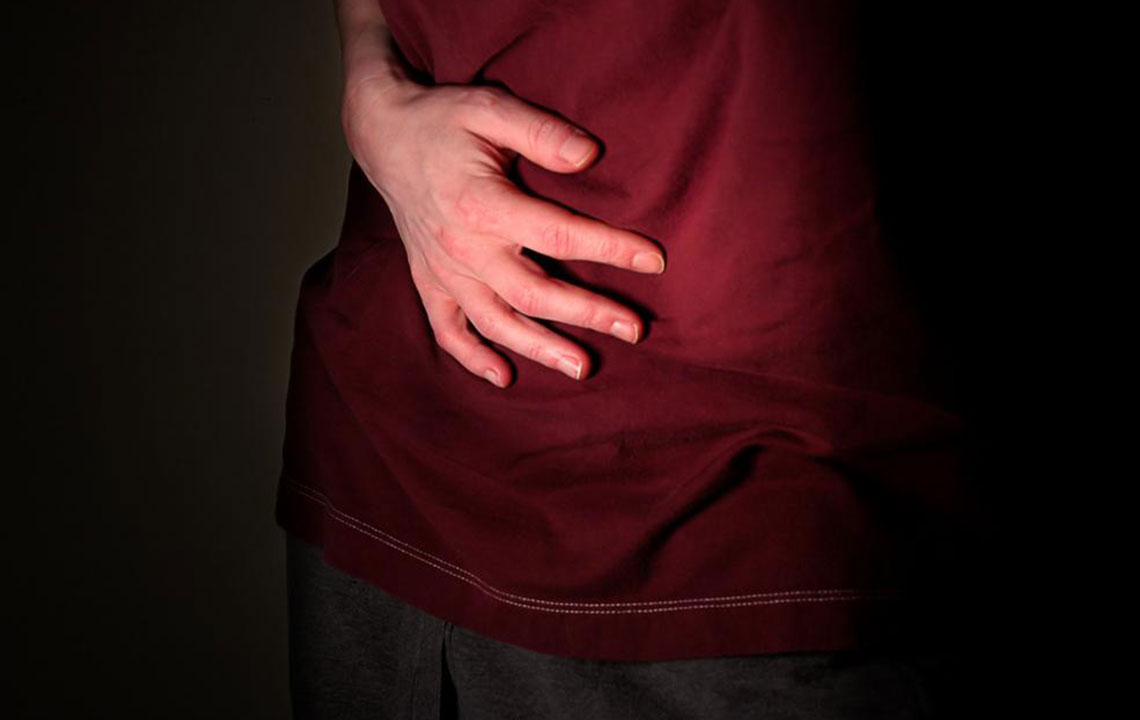Understanding the Reasons Behind Abdominal Pain

Abdominal pain is one of the most common reasons associated with diverse illnesses and medical conditions. Many people suffer from this condition several times in their lifetimes, and it can be for various reasons. Read further to understand why abdomen pain symptoms occur.
Constipation
The normal cycle of bowel movements per week is from 5 to 15 times. If you have less stool than this in a week, then it means that you’re suffering from constipation. The easiest way to tell if you have constipation is by checking the number of bowel movements you have in a week. Other than this, you can even experience abdominal pain symptoms along with hard stools, bleeding from your rectum, straining during bowel movements, etc.
Diarrhea
Unlike constipation, diarrhea is a condition where you have bowel movements in excess and have relatively loose and watery stools. This is caused due to increased fluid secretion from your intestines. In worse case scenarios, you can experience extreme dehydration as this condition affects the amount of water that’s absorbed by the body. It generally accompanies extreme abdominal pain symptoms. Other symptoms depend on the cause of diarrhea. It can be both acute and chronic, and the treatment for each of these depends on the nature or type of infection.
Irritable bowel syndrome
This is another type of gastrointestinal disorder where you have irregular bowel movements. You can either have constant diarrhea, constipation, or both. You can recognize this condition after you experience abdominal pain symptoms along with other symptoms like growling stomach, increased gas in the belly, food intolerance, stomach cramps, etc.
There is no exact reason as to why this occurs because it is a functional disorder of the digestive system. This means that there is no change in the form of the stomach or the intestinal lining. There is no exact method to treat this disorder other than following a proper diet or maintaining your health.
Menstrual cramps
Most women suffer from abdominal pain symptoms whenever they are menstruating. Menstrual cramps occur due to uterine contractions, where the uterus strains to push out the menstrual blood from the vagina.
Menstruation is a completely natural process of the body, and you don’t have to worry about being infected by any disease. Some over-the-counter medication or common analgesics can help relieve you from this pain. You can also use a hot water bag to help with the abdominal pain symptoms. However, if the pain fails to subside even with medication and rest, then make sure you consult with your gynecologist.
Gas (flatulence or belching)
Your stomach or intestine always has some amount of gas in it. This gas depends on the amount of undigested food that reaches your colon, the effect of the bacteria in the colon has on this food, the speed at which this gas travels, etc. This generally is let out by the body from the rectum or even from the mouth. The mode through which it exit depends on which path is more free for it to escape.
Gas can also escape from the mouth which is also called burping or belching. If there is a problem in your stomach, belching generally gives relief. One of the most common reasons why belching occurs is excessive swallowed air. However, sometimes the abdominal pain symptoms are also accompanied by belching, which is an indication of excessive gas in the stomach. This can either occur because of gas formation in your stomach after the acids in the stomach react with the food, or some gastrointestinal disorder.
Most people experience flatulence or belching in their lives, and sometimes it can be normal as well. What you consider as excessive gas might be normal for someone else because the amount of gas present in the body depends on your body type. Sometimes it is acute and occurs due to simple indigestion or other digestive issues. If it is chronic and you constantly experience flatulence or belching, then consider consulting with a doctor to help you figure out the root of the cause.
Heartburn
Heartburn is a feeling of burning in your chest and is generally accompanied by abdominal pain symptoms. In this, the acid in your stomach rises into your esophagus which causes burning and discomfort.
The esophagus has a muscle that shuts the stomach after the food reaches into it. Sometimes, this muscle weakens and causes the food in your stomach along with the abdominal acid to escape into your esophagus.
Heartburn can also be accompanied by a sour taste in the mouth, hoarseness, dry cough, difficulty swallowing, and sometimes even chest pain. Some over-the-counter medication can help with this condition; however, if you experience this often or have it in chronic periods, ensure that you consult with a doctor for proper treatment.
These are the most popular conditions that lead to abdominal pain symptoms. If you have constant abdominal pain that doesn’t cure with medications, then ensure that you consult with a doctor.


